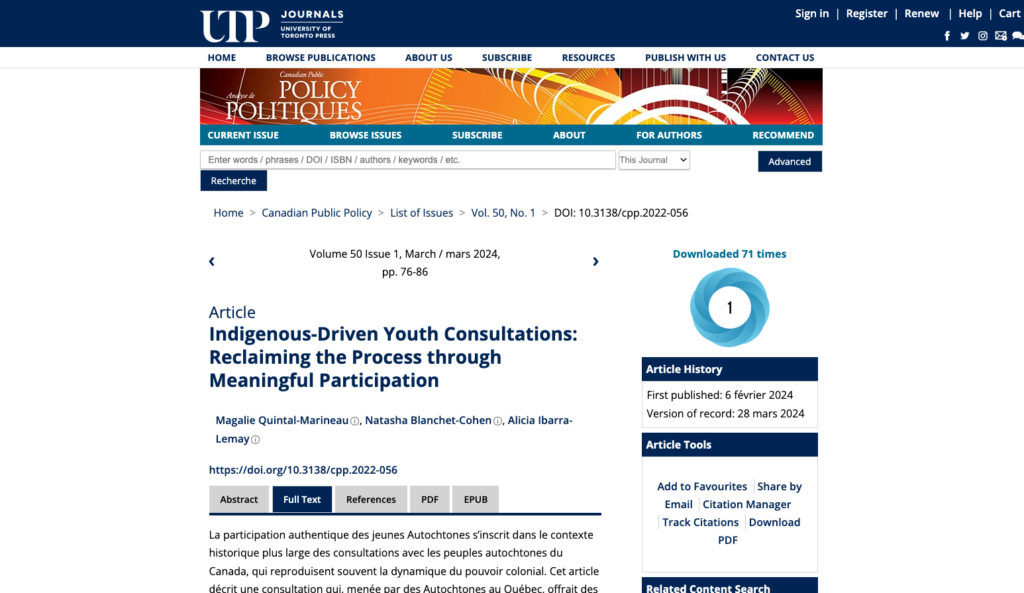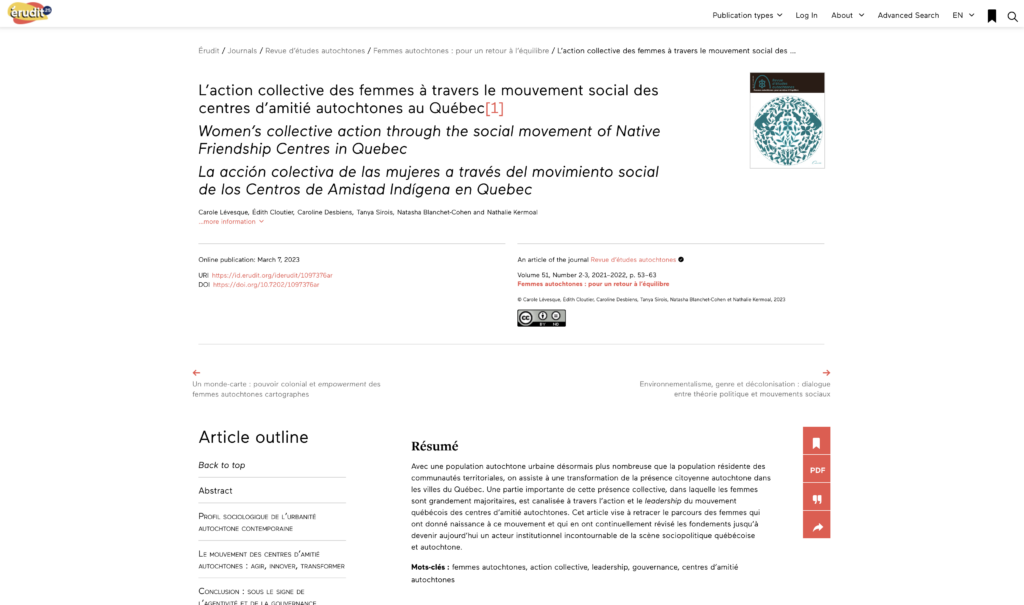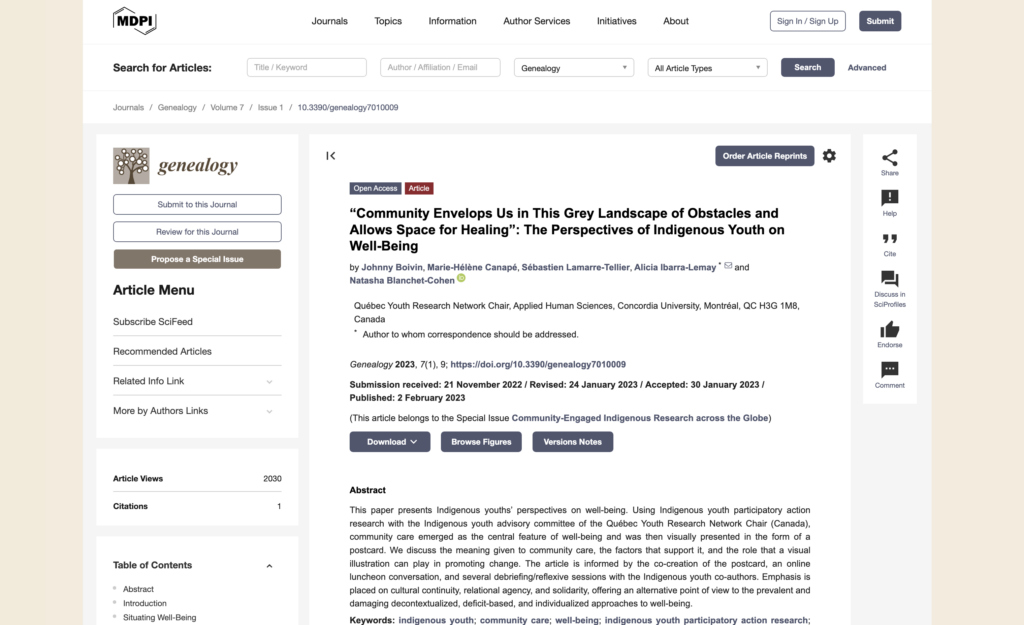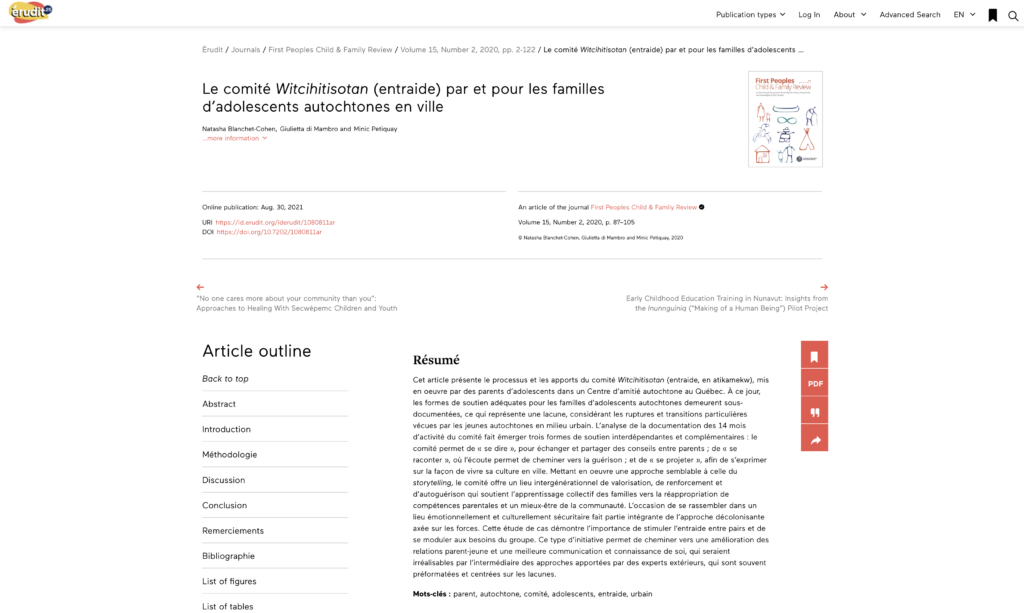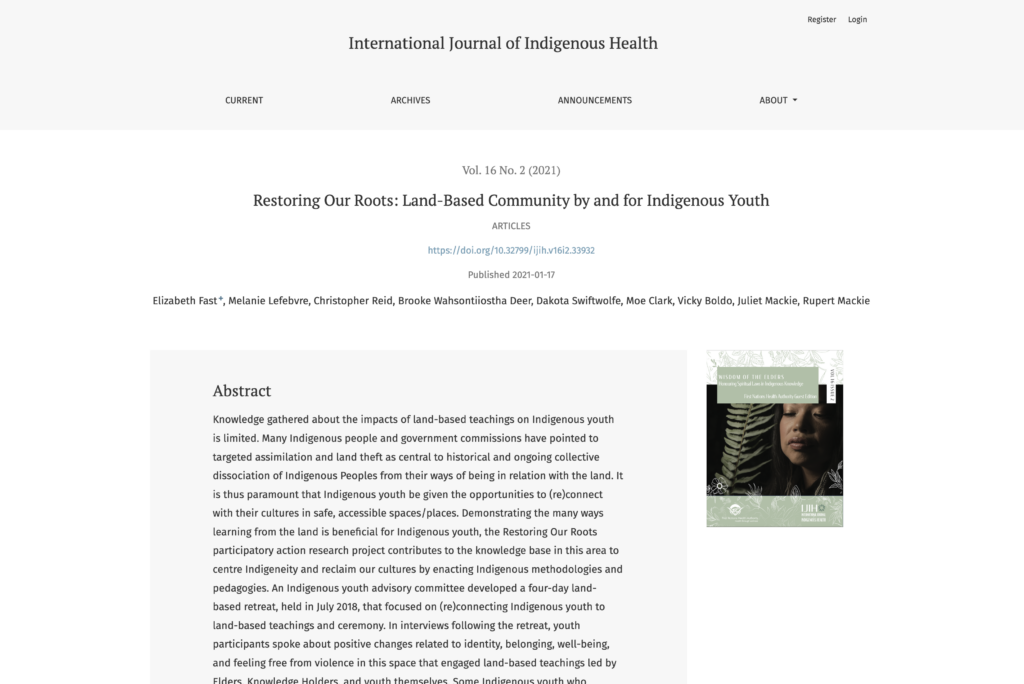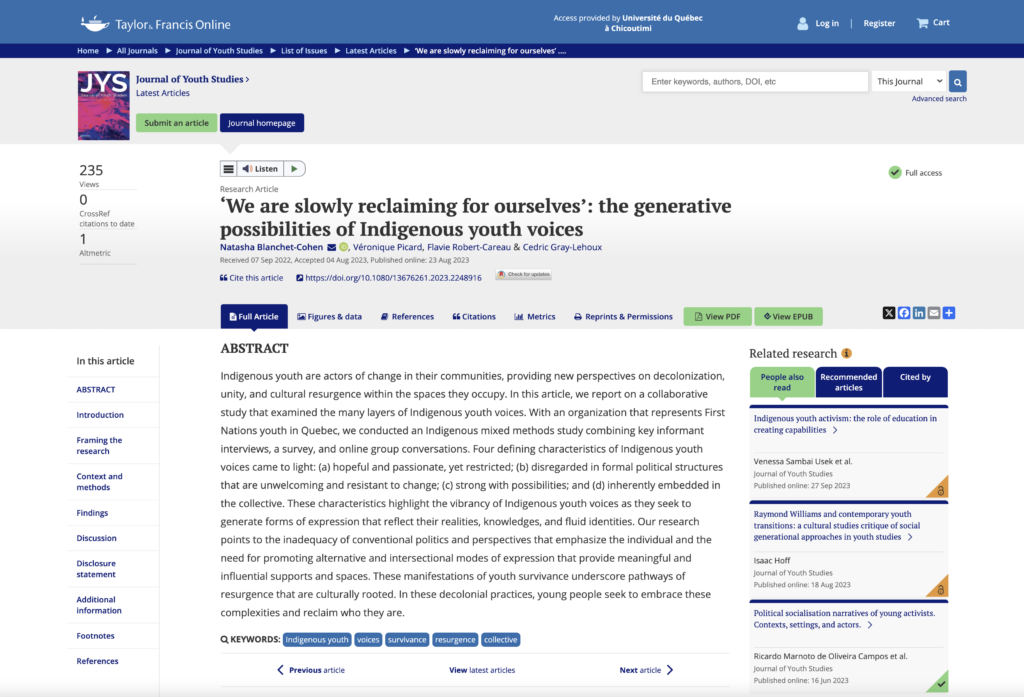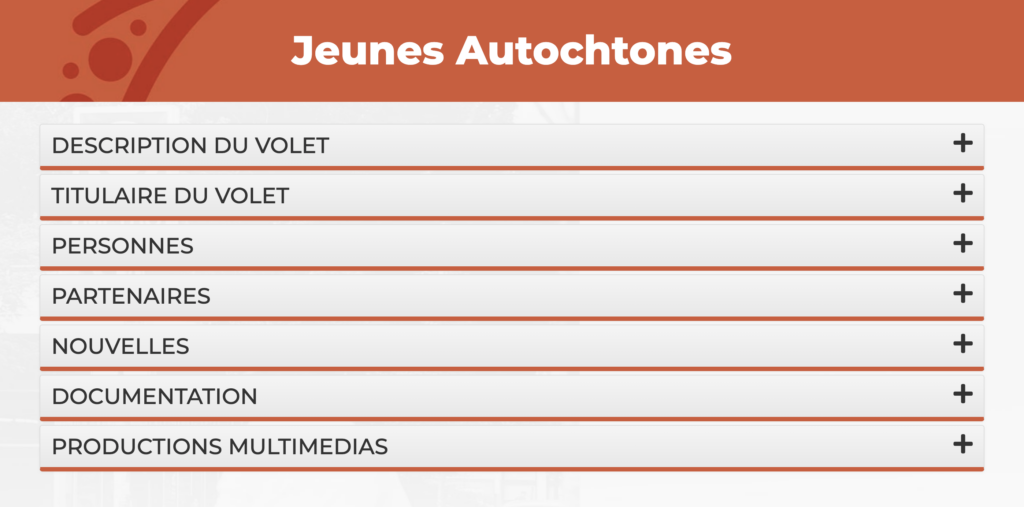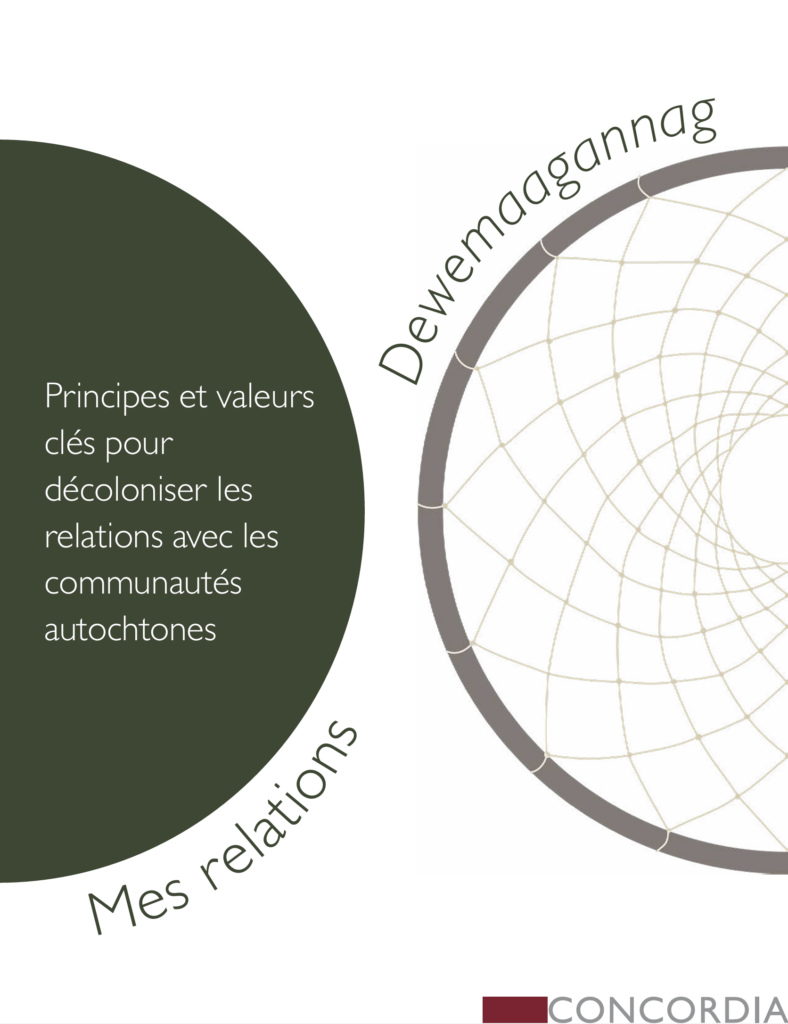Notice bibliographique
Corbeil, O., Soulard, M., Huot-Lavoie, M., Béchard, L., Fournier, É., Brodeur, S., et al. (2023). Problem gambling among people with first-episode psychosis: protocol for a prospective multicenter cohort study. BMC Psychiatry, 23(1), 287.
Résumé
Background
The limited available data suggest that the prevalence of problem gambling is increased among young adults with first-episode psychosis, possibly due in part to several risk factors for problem gambling that are common in this population. Aripiprazole, a widely used antipsychotic drug, has also been linked to cases of problem gambling, but causality remains uncertain. Although the consequences of problem gambling further hinder the recovery of people with first-episode psychosis, there is a paucity of research about this comorbidity and its risk factors. Additionally, to our knowledge, no screening instrument for problem gambling tailored to these individuals exists, contributing to its under-recognition. Further, treatment approaches for problem gambling adapted to this population are at an embryonic stage, while existing treatments effectiveness remains to be documented. Using an innovative screening and assessment procedure for problem gambling, this study aims to identify risk factors for problem gambling among people with first-episode psychosis and to document the effectiveness of standard treatment approaches.
Methods
This is a multicenter prospective cohort study conducted in two first-episode psychosis clinics, including all patients admitted between November 1st, 2019, and November 1st, 2023, followed for up to 3 years until May 1st, 2024. These 2 clinics admit approximately 200 patients annually, for an expected sample size of 800 individuals. The primary outcome is the occurrence of a DSM-5 diagnosis of gambling disorder. All patients are screened and evaluated for problem gambling using a systematic procedure at admission, and every 6 months thereafter. Socio-demographic and clinical variables are prospectively extracted from the patients’ medical records. The nature and effectiveness of treatments for problem gambling offered to affected individuals are also documented from medical records. Survival analyses with Cox regression models will be used to identify potential risk factors for problem gambling. Descriptive statistics will document the effectiveness of treatments for problem gambling in this population.
Discussion
A better understanding of potential risk factors for problem gambling among people with first-episode psychosis will allow for better prevention and detection of this neglected comorbidity. Results of this study will also hopefully raise clinicians’ and researchers’ awareness and serve as the basis to adapted treatments that will better support recovery.
Trial registration
ClinicalTrials.gov, NCT05686772. Retrospectively registered, 9 January 2023.
Hyperlien
https://doi.org/10.1186/s12888-023-04741-9Publication du membre
Dre Amal Abdel-BakiAppartenance aux volets













